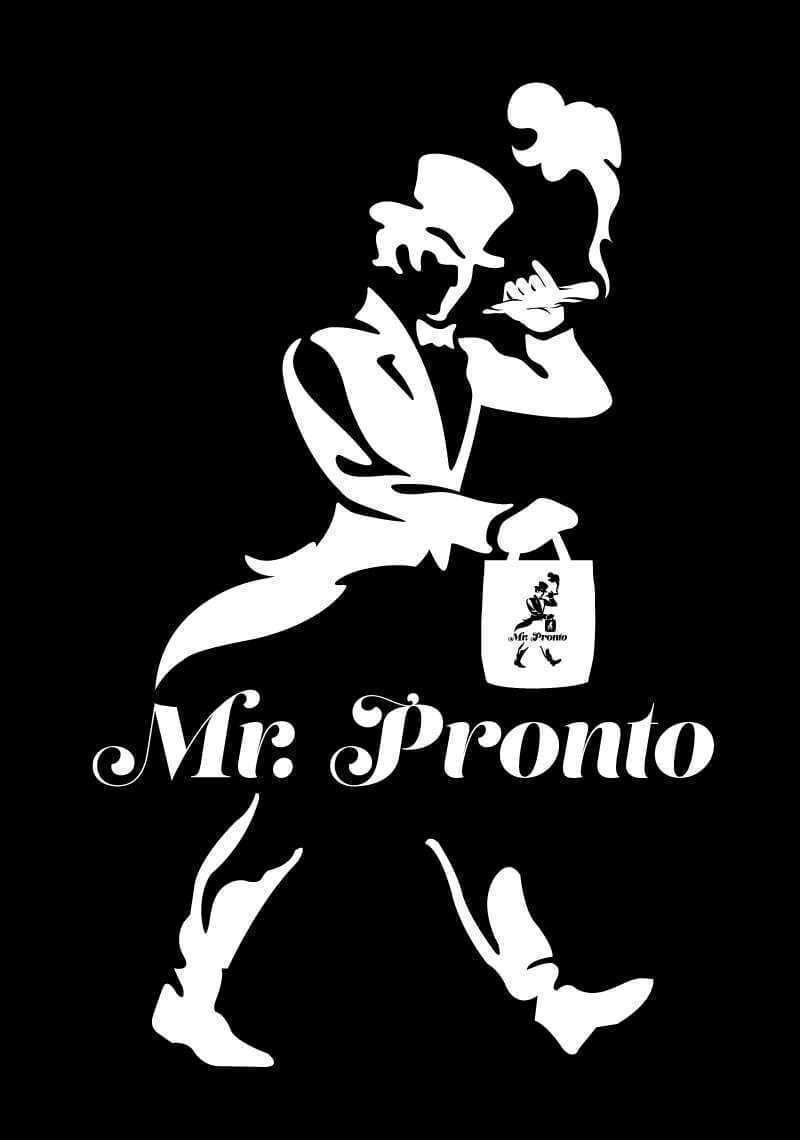Introduction:
The use of marijuana for creative purposes has long been a subject of debate. While some argue that weed enhances creativity, others believe it hinders it. In this article, we delve into the science behind the relationship between weed and creativity, exploring both the potential benefits and drawbacks. Whether you’re an artist, writer, or musician, understanding how weed impacts creativity can help you make informed decisions about its use.
What is Creativity?
Before we delve into the topic, let’s define what we mean by creativity. Creativity is the ability to generate original and innovative ideas, think outside the box, and solve problems in unique ways. It encompasses various mediums, such as art, music, writing, and even scientific endeavors.
How Does Weed Work in the Brain?
Weed, also known as marijuana or cannabis, contains tetrahydrocannabinol (THC), the main psychoactive compound. When THC enters the brain, it binds to cannabinoid receptors, which are distributed throughout the brain and body. These receptors are part of the endocannabinoid system, responsible for regulating physiological processes like mood, appetite, and pain perception. By binding to these receptors, THC can alter perception, mood, and behavior.
The Impact of Weed on Creativity:
Determining the impact of weed on creativity is not straightforward. While some claim that weed enhances creativity, others argue the opposite. Several factors contribute to this complexity:
- Divergent Thinking: Weed has been shown to increase divergent thinking, which is essential for creativity. It enables individuals to generate multiple ideas or solutions to a problem, enhancing originality and flexibility.
- Cognitive Impairment: On the flip side, weed can impair cognitive functions like memory and attention. This can make it challenging for creatives to concentrate on their work or remember their ideas.
- Individual Variation: Individual responses to weed vary significantly. Some users experience enhanced creativity, while others find it counterproductive. Factors like tolerance, dosage, and mindset can influence the effects.
Pros and Cons of Using Weed for Creative Purposes:
Using weed for creative purposes has both potential benefits and drawbacks to consider:
- Benefits: Weed can stimulate creativity, reduce inhibitions, and enhance flow or immersion in the creative process. It may also alleviate stress or anxiety, aiding those who struggle with performance anxiety or creative blocks.
- Drawbacks: Impaired cognitive function, such as difficulty remembering ideas or staying focused, can be a drawback. Some users may also experience negative side effects like anxiety or paranoia. Legal and ethical implications may vary based on location and workplace policies.
Studies and Research on Weed and Creativity:
Scientific research on the topic is limited, relying largely on anecdotal evidence. Studies examining the acute effects of THC on creativity have shown mixed results. Low doses have been associated with increased fluency and originality, while high doses may have the opposite effect. However, these studies have limitations, including small sample sizes and limited generalizability to real-world creative tasks.
Personal Experiences and Anecdotes:
While scientific research is limited, many creatives share personal experiences with weed and creativity. Some writers, artists, and musicians credit weed for helping them think outside the box and generate new ideas. However, others find that it hampers their focus and ability to remember ideas. Individual differences, tolerance, dosage, and mindset may contribute to these varying experiences.
Tips for Using Weed for Creative Purposes:
If you intend to use weed for creative purposes, here are a few tips to consider:
- Start with a low dose: Especially if you’re new to using weed, begin with a low dose to gauge your individual response and avoid negative side effects.
- Create a supportive environment: Ensure you’re in a comfortable and conducive environment for creativity.
- Maintain an open mindset: Approach the creative process with an open and relaxed mindset, allowing ideas to flow naturally.
- Adjust dosage or strain if needed: Be open to experimenting and adjusting the dosage or strain based on your individual response.
Conclusion:
Determining the impact of weed on creativity is complex, with mixed findings and varying personal experiences. While weed may enhance divergent thinking and creative flow, it can also impair cognitive function. Understanding the potential benefits and drawbacks, along with individual variations, is crucial for making informed decisions. Whether you choose to incorporate weed into your creative process is a personal choice that requires careful consideration of the risks and benefits.






